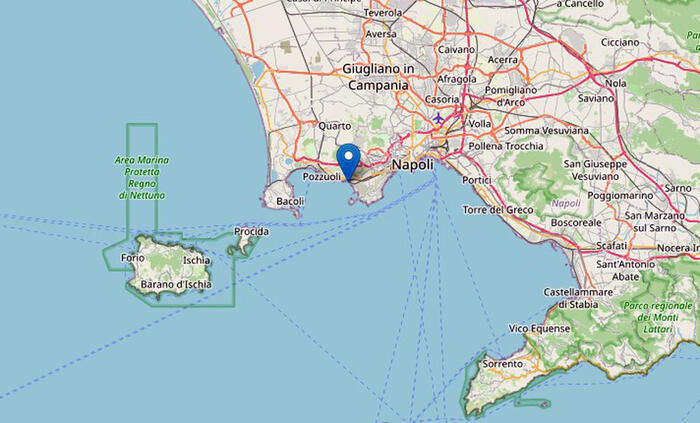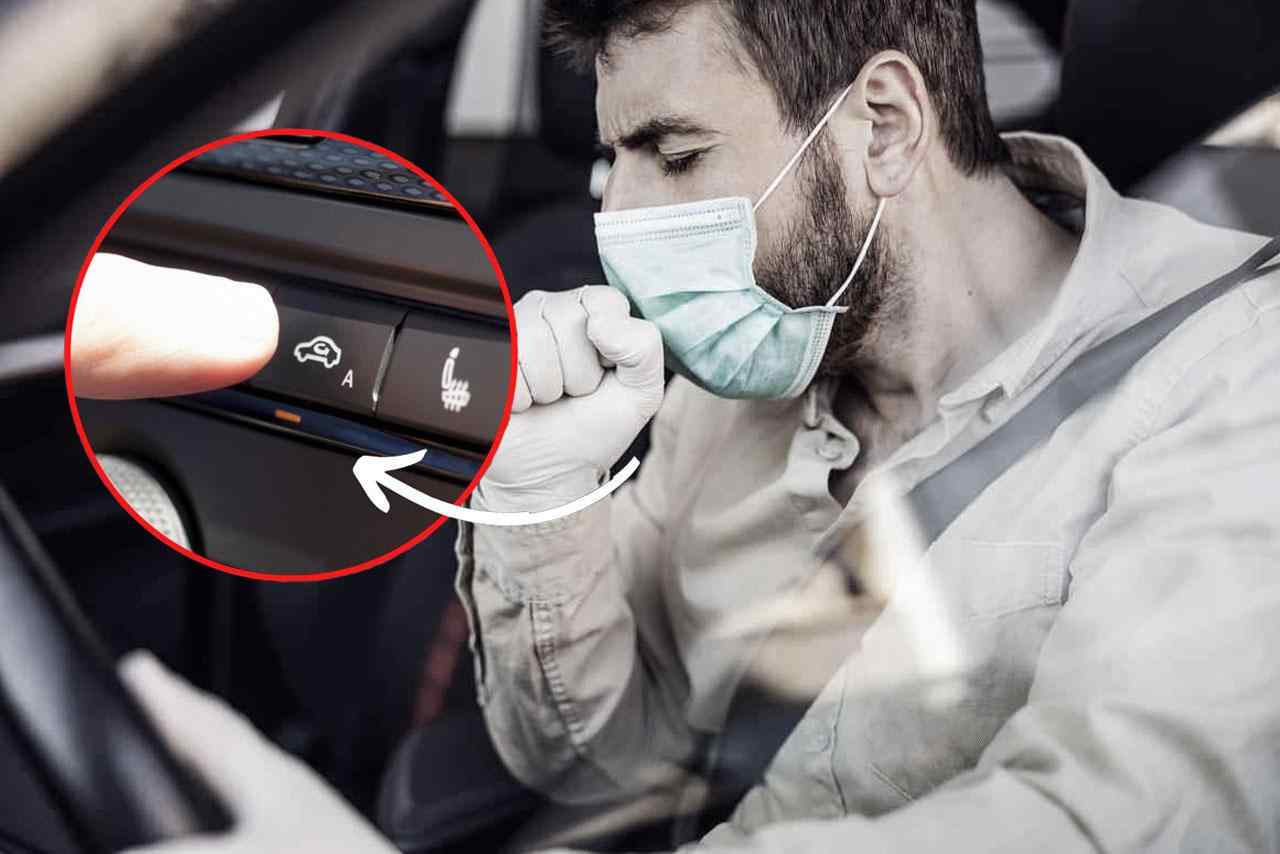“It is impossible to go to the facts regarding the containment of African swine fever. In the exclusion zones of the Piacenza region, we are at a dead end: Decree No. 5/2023 of the Extraordinary Commissioner of the PSA cannot be applied due to the lack of necessary equipment.”
This is supported by the Confagricoltura Emilia Romagna, which formulates in a letter addressed to the region specific requests for intervention in order to protect the regional pig heritage.
“Regional hunting areas – we read – complain about the impossibility of continuing to kill wild boars because there are no processing plants and above all we point out – we read in the letter – the lack of equipment such as cold rooms for preserving the carcasses.” Confagricoltura Emilia Romagna requests the timely intervention of the competent local authorities.
Swine fever, Emilia-Romagna removes restrictions on wild boar hunting
Meanwhile, they have been registered so far in Emilia-Romagna 86 cases of infected wild boar carcasses: 65 in the Province of Piacenza and 21 in the Province of Parma (all these cases in 2024).
Figures that go hand in hand with the alarm raised by the Parma Federation are important in recent days.
In Emilia, 800,000 pigs are raised every year, with a thousand active farms and a PDO and PGI canned food supply chain worth almost a billion euros, 800 million from Parma Ham PDO alone.
So far, no pigs infected with the virus have been found on farms – as the region indicated – but interest is very high.
“If infected wild boars, which are currently confined to the Apennine regions, descend on the plains, the economic and social repercussions will be enormous,” Paolo Tanara, head of pork factory consulting for the Parma industrial association, told Il Sole 24 Ore today. .
“Already now, in addition to losing five markets, including two rapidly expanding markets such as Japan and China, and reducing our sales by 500,000 pork, we are facing supply difficulties. If Canada, the United States and Australia also block imports, for us this means a loss of 30 % of sales with consequences for related businesses, jobs and industries.”
Swine fever faced by Parma in the territory: “Measures ineffective. Significant reduction of wild boars”
Compared to what Confagricoltura requestedRegional sources indicate that in the Province of Piacenza, thanks to the work of the ASL Veterinary Service in Piacenza, a collection point has been established for carcasses not intended for consumption, because they come from the area where the virus is spreading. The site is equipped with a refrigerated cell that can contain up to 150 wild boar carcasses.
The company also has an active contract with a waste disposal plant to empty the cell and send the materials for destruction, and to increase the possibility of collecting bodies, it has also requested the activation of other collection points in the municipalities of Borgonovo, Budenzano and Luganano. The new collection points will be operational over the next few days.
With regard to body collection centers where carcasses intended for consumption must be delivered, identification rests with the regional hunting areas or with the individual hunters responsible for the killing by the district police.
These locations have been confirmed, in line with the provisions of Commissioner Decree No. 5/2023, it may not be placed in the area where the virus is spreading, but only in the adjacent area.
However, the rapid development of the epidemiological situation made the 16 collection centers that were established in an area subsequently affected by the spread of the virus unusable. Last month, ATC submitted to the Veterinary Service a request to establish two additional centers for the collection of carcasses intended for consumption, and the local health authority of Piacenza took care of their registration and operation.
The lack of processing factories, which is a private activity, will not represent an end to the slaughter of wild pigs, as although their availability may represent an opportunity to use this meat, the fate of the meat may be the fate of oneself. Consumption or disposal according to the level of risk in the region of origin.

“Internet trailblazer. Travelaholic. Passionate social media evangelist. Tv advocate.”







More Stories
Jaecoo J7 and J8 Plug-in: also coming soon in Italy
Super Bonus, Paragon: That “monster” that not even Draghi wanted to stop
IRS Shock: Goodbye Tax Bills, They'll Take Your Money Straight From Your Account